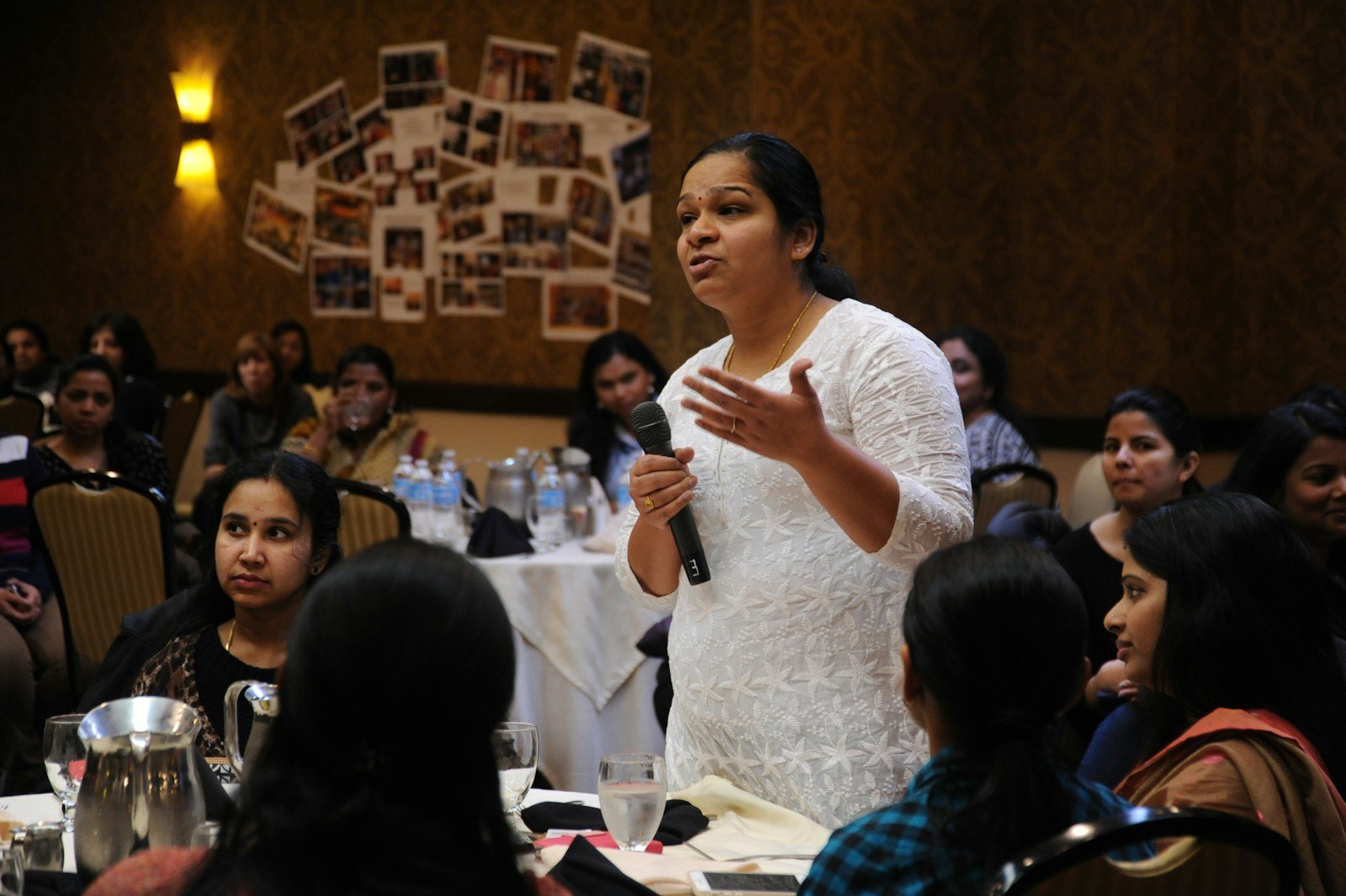The Importance of Leadership in Society
In today’s complex and rapidly evolving world, strong leadership is more critical than ever. Effective leaders possess a unique set of qualities that enable them to inspire, motivate, and guide others toward a common goal. Among these qualities, integrity stands out as a foundational trait, fostering trust and respect among followers. A leader with integrity serves as a role model, demonstrating ethical behavior that reinforces societal values.
Empathy is another essential quality that effective leaders exhibit. It allows them to understand the perspectives of others, creating an inclusive environment where diverse voices are heard and valued. Empathetic leaders are adept at connecting with individuals on a personal level, promoting collaboration and unity within communities. Good communication skills also play a vital role in leadership, as they enable leaders to articulate their vision clearly and persuasively, encouraging others to engage and contribute actively.
The impact of positive leadership extends far beyond individual interactions; it shapes the very fabric of communities. Leaders who embody these traits can effect meaningful change, championing initiatives that uplift and empower those around them. For instance, pivotal figures in history such as Nelson Mandela and Malala Yousafzai exemplified leadership qualities that not only transformed their immediate communities but also inspired global movements for justice and equality.
As parents, understanding the significance of nurturing leadership qualities in children is paramount. By instilling values such as integrity, empathy, and effective communication from an early age, parents can foster the next generation of leaders who are equipped to face the challenges of society. Encouraging participation in community service, supporting expressive outlets, and providing opportunities for teamwork can significantly contribute to a child’s leadership development, ultimately paving the way for impactful societal change.
Practical Tips for Parents: Fostering Leadership Skills at Home
In the quest to cultivate responsible citizens, parents play a pivotal role in developing leadership skills within their children. One effective strategy is to encourage involvement in community service. Participating in community projects not only fosters empathy but also instills a sense of responsibility and teamwork. Parents can seek local volunteer opportunities, whether it’s cleaning parks, assisting in food drives, or participating in charity events. Such experiences help children understand the impact of communal efforts and develop a commitment to societal well-being.
Another vital aspect of nurturing leadership qualities is promoting critical thinking at home. Engaging children in discussions about various topics can stimulate their analytical skills and encourage independent thought. Parents should create an environment where questions are welcomed, and diverse opinions are valued. Problem-solving activities, such as puzzles, strategy games, or even role-playing scenarios, can further enhance their decision-making abilities and resilience. This approach empowers children to express their ideas and consider multiple perspectives before arriving at a conclusion.
Modeling positive behavior is equally important. Children often learn by observing their parents, so exhibiting qualities such as integrity, confidence, and a strong work ethic can significantly influence their development. Parents should share stories of their own challenges and successes, illustrating how leadership qualities helped navigate those situations. Additionally, encouraging children to take initiative in their daily lives, whether it involves leading family discussions or organizing school projects, nurtures self-confidence.
To support this development process, parents can also seek out valuable resources. Books that focus on leadership principles, workshops geared towards youth empowerment, and online platforms offering interactive activities can provide further insight and hands-on experiences. By incorporating these strategies into daily life, parents can effectively foster leadership skills, preparing their children for future challenges and responsibilities.

